What is a Disputed Invoice? – How to Resolve Them
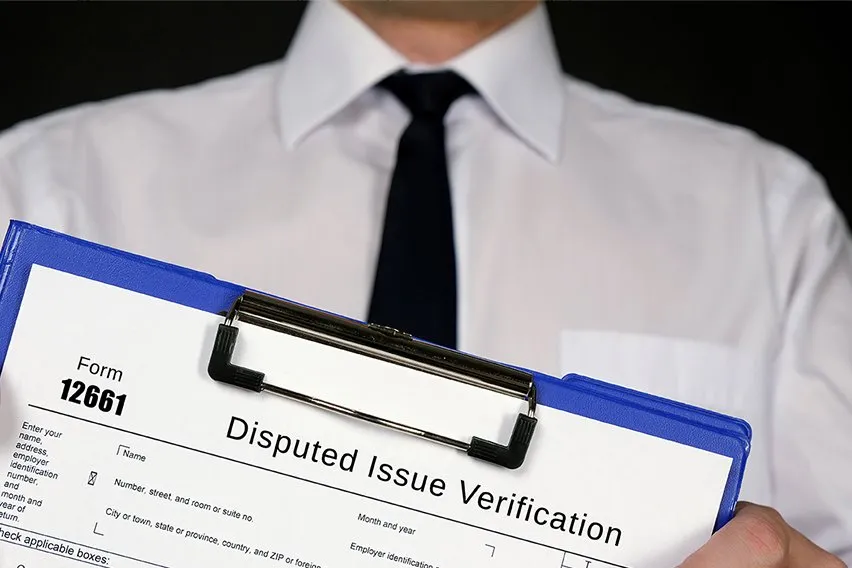
Money issues are not the type of news you love to wake up to as a business owner. And they become more complex when customers are involved—any wrong move could potentially ruin your company.
Disputed invoices are one of the most common issues that small businesses face. Customers will likely debate invoices at some point, regardless of how watertight your billing process is. But how you handle the situation will make or mar your brand and client relationship.
Use this guide to understand the different causes of disputed invoices, how to limit these occurrences in your business, and the best methods for resolving them.
Here’s What We’ll Cover:
- What Is a Disputed Invoice?
- What are the Common Causes of Invoice Disputes?
- How to Handle Invoice Disputes in Your Business
- What Is the Time Limit for Disputing an Invoice?
- Disputed Invoice Types
- Settle Your Disputed Invoices with Ease
- More Small Business Invoicing Resources
- Frequently Asked Questions
What Is a Disputed Invoice?
When a client disagrees with an invoice raised to them and refuses to pay it, it’s considered a disputed invoice. For whatever reason—whether it’s the quality of the work/goods provided, the pricing, or any other factor—the client does not recognize the legitimacy of the invoice and disputes their requirement to pay.
A customer may take issue with the invoice and dispute it as a whole, or they may only dispute certain charges. Regardless, it will be considered a disputed invoice until the situation is resolved through negotiation or legal action.
Sometimes, a client is right to dispute an invoice. But in some cases, a dispute may be a way to get out of paying for goods or services already rendered to save money at their supplier’s expense.
What are the Common Causes of Invoice Disputes?
When customers think there’s a mistake in their billing information or they shouldn’t be liable for paying specific amounts, they might reject an invoice. In other words, a disputed invoice results from discrepancies in a client’s bill.
Invoice disputes happen for different reasons, including accounting errors, pricing errors, or when your customers do not have the money to pay for services rendered.

1. Customer Dissatisfaction
Businesses need to create client feedback channels to resolve complaints before it’s time for an invoice.
If the product or service delivery quality doesn’t match the fee, the customer may contest the invoice. Also, when the product falls below a client’s expectations or is delivered late, they might change their minds about paying the quoted amount.
2. Invoice Processing Errors
The difference between “1” and “100” are a few zeros, yet these two variables couldn’t be further apart. If you quote the wrong figure during invoice processing and your customer catches it, they will dispute the bill to call your attention to the error. Always double-check all invoice details before sending them to your clients.
3. Pricing Disagreements
Before getting started with a request, review the pricing with your customer. This way, everyone would be on the same page. If you’ve already shared your business packages and rate sheet, review the client’s order one more time before delivering on their requests.
Also, your rate sheet should clearly state the project’s scope, pricing and plans, and the total fee.
4. Payment Constraints
If your customer is cash-strapped, they might dispute your invoice to extend the payment period. This is an underhanded practice, and many companies impose a late payment fee in such cases.
Small business owners can avoid this dishonest act by asking customers to pay a deposit before providing a service.
How to Handle Invoice Disputes in Your Business
- Go through the agreements
- Come up with a mutually beneficial solution
- Seek legal advice
Go Through the Agreements.
When an invoice dispute issue comes up, the first place to look is the signed contract. If you don’t have a contract, check any terms and conditions guiding the sales process.
In the contract or terms and conditions of the transaction, you should have relevant information like the payment terms, schedule, and payment duration. A comprehensive agreement will also spell out formal invoice dispute methods, including the time limit for invoice complaints (in many countries, this is three weeks/21 calendar days) and a cure period for settling unpaid invoices, typically a 30-day processing time.
These pieces of information will help you investigate the issue and map out your next steps.
Come up with a mutually beneficial solution.
It is often possible to resolve the dispute in-house without taking legal action. So, before you escalate the case, have a conversation with the client. You might just come up with a solution that works for everyone.
For example, if the customer is dissatisfied with the product or service quality, you can offer them a discount or a replacement package. If you quoted the wrong fee, apologize to the client, make the required changes and send the correct invoice.

Seek Legal Advice
Several clauses in invoice dispute laws come to play in complex payment disputes.If you cannot resolve the issue amicably, you should speak with your lawyers as soon as possible. An attorney would interpret different legal provisions in the business contract plus additional evidence and let you know the invoice dispute contractual procedures that apply. They can also provide insights into potential tax implications and strategies for tax settlement, ensuring a comprehensive approach to resolving your invoice dispute. And should it be necessary, your counsel will be your best resource for taking legal action and filing a suit for non-payment to resolve your invoice dispute.
What Is the Time Limit for Disputing an Invoice?
In the United States, different jurisdictions will have different rules for the time limit of disputed invoices. This falls under contract law and can vary greatly from place to place.
However, it’s very common for businesses to have their own legal agreements regarding the timeframe for when a customer disputes an invoice. Provided the client has signed and agreed to the payment terms in a formal contract, they’ll typically be bound by this arrangement.
Generally speaking, it’s acceptable to dispute or challenge an invoice within 30 days of receiving it. This gives the business a chance to examine the invoice and work towards resolving invoice disputes to the satisfaction of all parties involved.
Disputed Invoice Types
Clients may choose to dispute invoices from a business or service provider for several reasons, including these types of disputed invoices:
- Disputes regarding the quality of service or goods
- Disputes regarding administrative errors
- Disputes regarding duplicate invoices
- Disputes regarding part or all of the price (or current balance) stated on an invoice
- Disputes regarding dates (e.g., when services were rendered)
- Disputes regarding missing, damaged, or incomplete goods
Though there are other scenarios where a customer may dispute an invoice, these are the most common types seen by business owners.
Settle Your Disputed Invoices with Ease
An invoice dispute can be unsettling. However, no matter how messy it seems, do not ignore the issue—a payment dispute won’t disappear if you fail to address it on time.
More importantly, always have a formal contract or agreement for all business transactions. These legal documents provide strong backing for swift invoice dispute resolutions. You should also include clear information on your payment policy on the invoice itself, a task made easy with a professional invoice template.
FreshBooks offers a range of professional-looking, easy-to-use, free-to-download invoice templates. Because of their flexibility, including information on your payment policy and invoice dispute management process is simple and will help you avoid conflicts when it comes time for payment. Learn more about our invoicing templates and give them a try today!
FAQs on Disputed Invoices
Can you get in trouble for disputing a transaction?
Provided you go through the proper steps for invoice disputes, you’re within your rights to do so and can’t get in trouble. It’s important to raise your dispute as soon as possible and to do so within 30 days via a formal letter of dispute. Always pay attention to any contracts and agreements you’ve signed to see what your options are when it comes to invoicing disputes.
Who pays for a disputed charge?
The answer to this question depends on the outcome of your invoice dispute and how it’s resolved. If the business and customer agree, one party or the other may pay the charge, or the two parties might split it. In disputes that go to court, the paying party will be determined by the judge.
How long does it take for a disputed charge to be refunded?
Although it’s always best to raise your dispute before paying, it doesn’t always work out that way. If you successfully dispute a charge after paying, it can take some time to receive your refund. This typically depends on the company’s unique payment policies, which you would have agreed to when your business began.
How many times can I dispute an invoice?
During the dispute process, a client and business may go back and forth several times to create a revised invoice with which both parties are happy. Assuming you go through proper channels, have good reason to continually dispute the invoices, and abide by any agreements you signed, you can hypothetically dispute the same invoice multiple times.
More Small Business Invoicing Resources
About the author
Jason Ding is a seasoned accountant with over 15 years of progressive experience in senior finance and accounting across multiple industries. Jason holds a BBA from Simon Fraser University and is a designated CPA. Jason’s firm, Notion CPA, is an accounting firm with a business-first focus. The firm specializes in preparing personal and corporate taxation while providing fractional CFO work and leading the accounting and finance function for several small-to-medium-sized businesses. In his free time, you’ll find Jason on the basketball court, travelling, and spending quality time with family.
RELATED ARTICLES


 7 Best Invoice Management Software for 2025
7 Best Invoice Management Software for 2025 What Is a Credit Invoice?
What Is a Credit Invoice?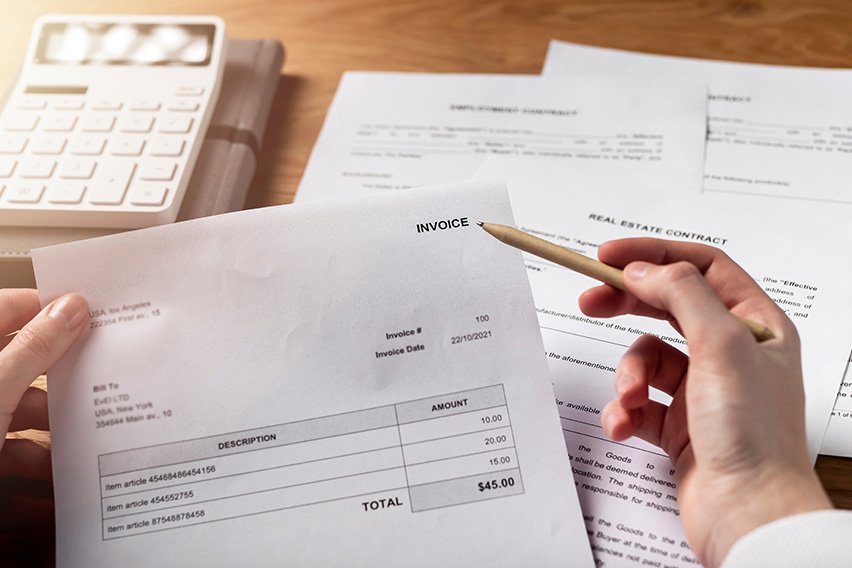 What Is an Invoice: Purpose, Types, Elements & Example
What Is an Invoice: Purpose, Types, Elements & Example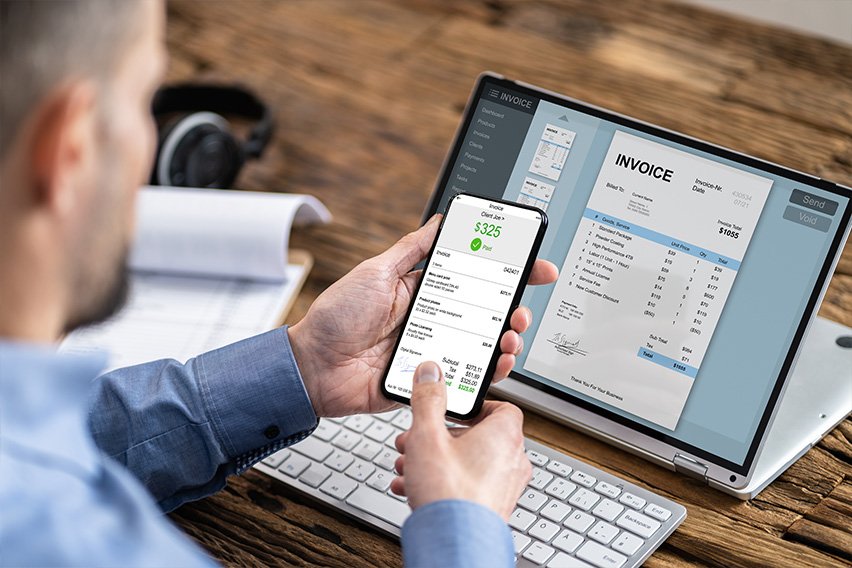 6 Steps on How to Write a Simple Invoice
6 Steps on How to Write a Simple Invoice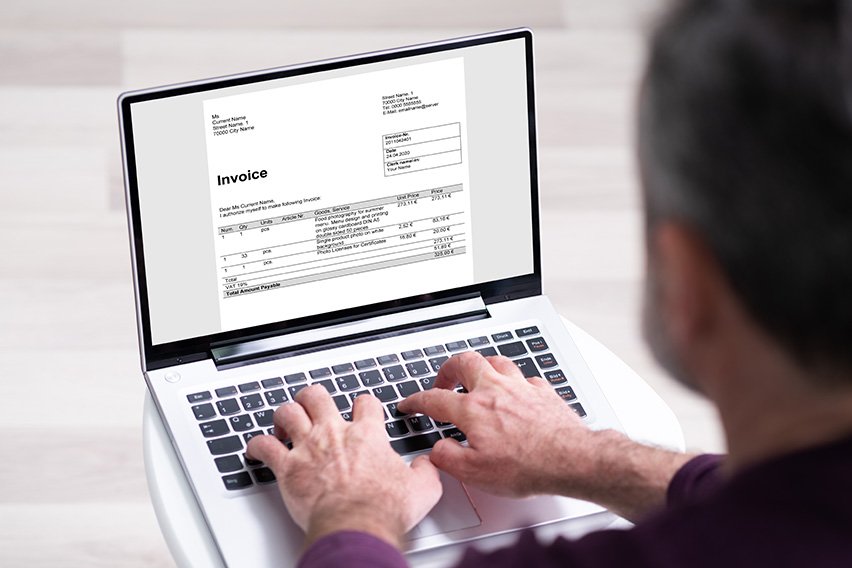 How to Invoice as a Freelancer
How to Invoice as a Freelancer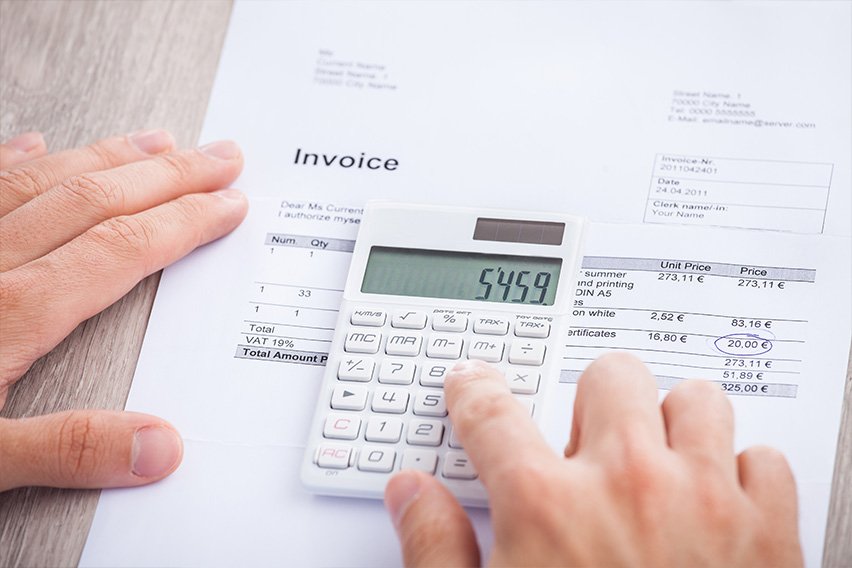 How to Make a Sales Invoice and Get Paid Faster for Your Goods Sold
How to Make a Sales Invoice and Get Paid Faster for Your Goods Sold